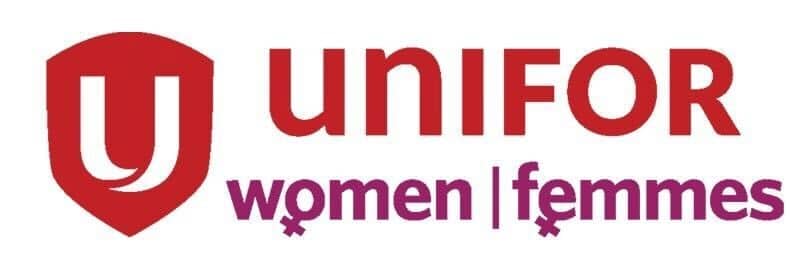This year we mark Women’s History Month in Canada with the knowledge that gains toward equality are fragile and need vigilance to continually protect and enshrine them into the fabric of our union and country.
As we reach back into our past to share the stories of women who have been trailblazers, we learn important lessons from their struggles and triumphs that we need to continually remind ourselves of today.
On October 18, Canada commemorates Persons’ Day. This day in 1929 was when Canada’s highest court of appeal handed down the decision to include women in the legal definition of “persons”, and permitted some women to be appointed to the Senate of Canada and to more fully participate in public life. Persons’ Day was both the culmination of years of activism, and the start of many more years of work to ensure it was expanded and strengthened to include the rights of all women. Women of Indigenous or Asian heritage and descent remained excluded from this legal personhood for many more years.
Our history is full of obvious discrimination toward women of colour and Indigenous women. Canadian women were granted the right to vote in federal elections in 1918 but First Nations women could only vote at that time if they gave up their status and treaty rights. Their full right to vote federally wouldn’t happen until July 1960. These 40-plus years of exclusion must remind us that our work as trade unionists and feminists must be intersectional and focus on eliminating the additional barriers faced by Indigenous, women of colour, LGBTQ, and women with disabilities.
At the 2022 Unifor Women’s Conference we were reminded that until all women cross the line, none of us can truly celebrate without full inclusion of all women. As we make strides toward equality in the courts, in public policy and in workplaces, we must not simply extend the ladder to other women, but reach back to help each other climb.
Unifor has a proud history of advancing women’s rights and fighting for workplace improvements and then pushing provincial and federal governments to grant those same rights for all women. Our union’s ground-breaking and internationally-acclaimed Women’s Advocate Program plays a key role in changing workplace dynamics, educating workers about the challenges women face, and providing resources to support women through unfair treatment in the workplace, discrimination or harassment.
We must pay attention to the rollback of abortion rights and attacks on bodily autonomy in the United States and push to secure our rights in Canada. It was more than 50 years ago when a group of determined women from Vancouver formed the Abortion Caravan and travelled to Ottawa to land on then-Prime Minister Pierre Elliot Trudeau’s doorstep to demand abortion be removed from the criminal code. Let us draw inspiration from this, and other brave moments in history, to give us renewed energy for the fight.
Unifor represents 118,000 women, representing a third of our membership. This year we made our own mark on Canadian labour history for women by electing Lana Payne as our first woman president. We are still pushing to break through barriers and make our own working class history. More women are sitting at bargaining tables, are elected to their Local Executive Boards, and taking leadership roles. But, more can be done.
We must ask more women to run, invite more women to participate, and support more women to lead.
Together, we can make history and create a brighter, more equal future.

